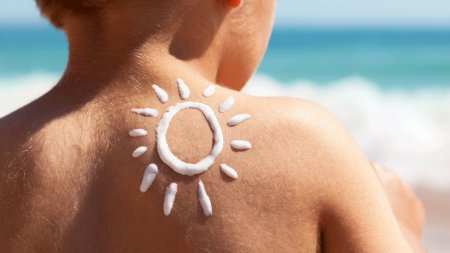Daily advices
What is the best sun protection for sensitive skin? (problem and children skin)
The sun doesn’t affect us all in the same way. Regardless of a person’s phototype, some skin types have specific sensitivities that require suitable protection during sun exposure. These include skin prone to redness, skin with blemishes, reactive or allergic skin, damaged skin, skin with spots and children’s skin. The sun can cause aggravation for some of these skin types and even be dangerous for others.







